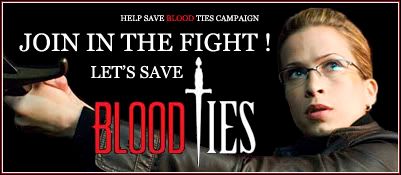Pride & Prejudice by Jane Austen is more than a romantic love story between Mr. Darcy and Elizabeth Bennett, it is also a commentary on the society of the times. It pokes fun at how mothers and fathers “conspired” to marry off their daughters to men for wealth, rather than, dare we call it, affection.
***Spoiler Alert (though everyone should have read this classic by now)**
Elizabeth Bennett may be the heroine of this novel, but her sister Jane, the county beauty, takes center stage as the newest member of the community comes to town–Mr. Bingley. Her mother is immediately set on marrying her daughter to him regardless of his looks or affections for Jane, simply because he is wealthy. Through several machinations, including sending her daughter on horseback to visit Bingley’s sisters in the rain, her mother pushes the two together. Luckily, Jane and Bingley really do enjoy one another’s company. However, several things come into play to separate the lovebirds, which aggrieves her sister Elizabeth.
Meanwhile, Mr. Darcy who is berated and belittled by Mrs. Bennett and Elizabeth on several occasions appears to feel some affection for her in his glances and approaches to Elizabeth, but after being basically called common and not beautiful enough to tempt Darcy to dance, the battlefield between the two is set. And yes, I do mean a battlefield of wits. The interchanges between them and Bingley’s sister Caroline are hilarious and witty.
I want to comment on how this novel not only brings to light the ridiculous tradition of marrying one’s daughter for money and higher societal standing through dialogue and interactions between the wealthiest characters and the most lowly, but it also is a romance between Elizabeth and Darcy. How could a woman so uncivil to a man’s proposal of marriage against all societal predispositions still maintain his affection? How could he see fit to propose to her against society’s wishes when he is a man of position? I can tell you the answer to both of those questions: Pride. They are both proud of themselves and their demeanor and to have anyone think less of them is unthinkable. It spurs them onward to prove the other wrong in every sense of the word, but in the end, these characters realize they are just like one another and no one else would bear their behavior. They are in love with themselves and one another in spite of themselves. They are attracted to one another by circumstance, whether created by themselves or others, and are attracted to one another because of their mutual admiration for the other’s mind and behavior that contradicts society’s wishes and protocols. No one wishes to believe they have faults, but when one finds happiness it is usually with the one person who can tolerate those faults and love that person in spite of them.
***End Spoiler Alert***
What I love best about Austen is her heroines, written during a time when women were submissive and thought of little as little more than property. The heroines strive within the confines of their place in society to set wrongs right and to voice their opinion with a modicum of decorum. It is not like today’s society where women are so liberated that they use poor language to express themselves, much like proverbial truck drivers. While I enjoy such freedoms, I would love to see another writer in today’s society take on such societal norms and pinpoint their follies as well.
Austen is a woman to be admired even though her body of work is small compared to many males in the current literary cannon. I only wish that a small portion of my writing will garner this much attention after I have left this world. Though I guess I better spend more time writing and less time reading, but that is the rub here. I love both passionately.
This Book Also Was Reviewed Here:
The Bookworm





